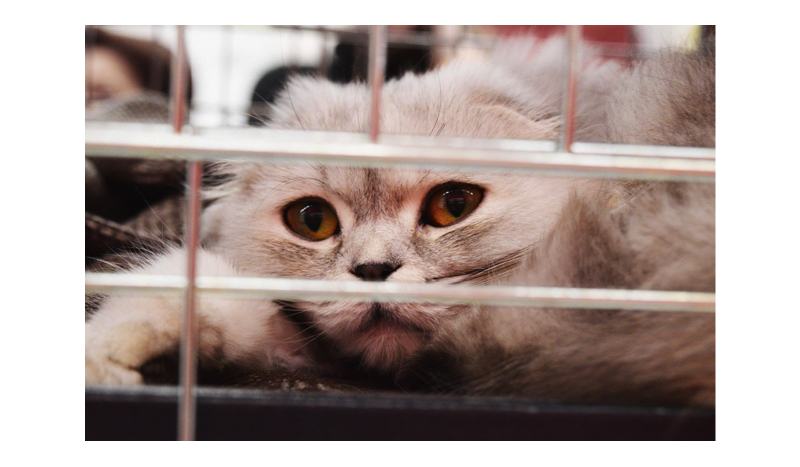Falling in love with a cat at first sight comes naturally to many. However, things are a bit different when it comes to owning a feline friend. Cat ownership is a long-term commitment. It is, therefore, absolutely necessary that you find one that’s a good fit to your family and your home. Adding a furry friend to your family is certainly an exciting prospect.
What really matters is whether it’s compatible with your lifestyle. When you visit a shelter for adopting a cat, there are a few questions you need to ask. The answers you get from the shelter staff will give you a good idea about the cat you’ve chosen. You’ll be able to understand whether it is a good fit for your family. Now, let’s take a look at some of these questions:
1. What’s your impression of the cat?
When you ask the shelter volunteer this question, he or she would give you some valuable insights. Since, the individual has spent some quality time with the cat, he or she would know it well. So, the volunteer would tell you more about the cat’s personality.
Even after getting all the details, you might find it tough to understand the cat’s true temperament. After all, meeting new people can be stressful for most of the cats. It’s highly possible that the cat won’t reveal its true self instantly. Once it settles into your home, you’ll definitely get to know it better.
2. How good is the cat in getting along with other animals?
You’ll not miss asking this question if you have other pets at home. It’s important to make sure you’re adopting a cat that gets along with other animals. This is because they play an important role in the well-being of your new feline friend. Some shelters might have behavior tests in place to see whether the cat is reactive to other animals.
They might also help you arrange a meet-and-greet between other pets of your house and the cat. You can also request for a trial period, which allows you to test the cat. This is done by taking it home and understanding whether it’s a good fit for your household. Once you’re convinced that it’s a good fit, you can formally adopt the cat.
3. Is the cat healthy?
Inquiring about the health history of the cat of your choice is essential. There are times when cats arrive in shelters with certain health issues. They include malnutrition, mange, or parasites. The process of recovery from these conditions can be lengthy. It might also require you to continue the ongoing medication.
In this case, you must prepare yourself to take responsibility for its treatment and cover the expenses. If the cat is suffering from any illness, you must do some research before making a commitment. The research must be on the methods of treatment and the costs involved.
4. Do you know about the cat’s background?
This question can give you answers about where the cat has come from. The volunteers don’t often have much information about the background of their pets. In certain cases, they will have all the information. Their answers can help you take some extra care, if needed, during your cat’s transition. For example, if the cat has grown up on the streets, its transition may not be that smooth.

